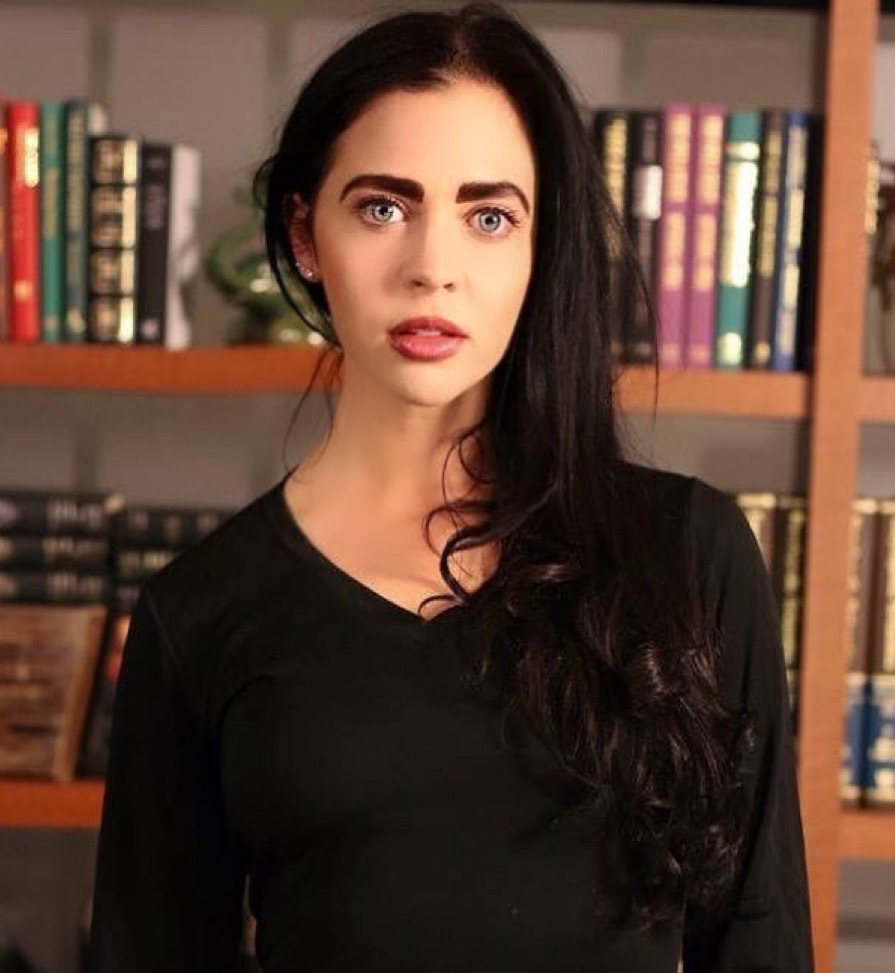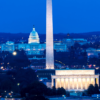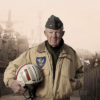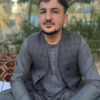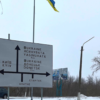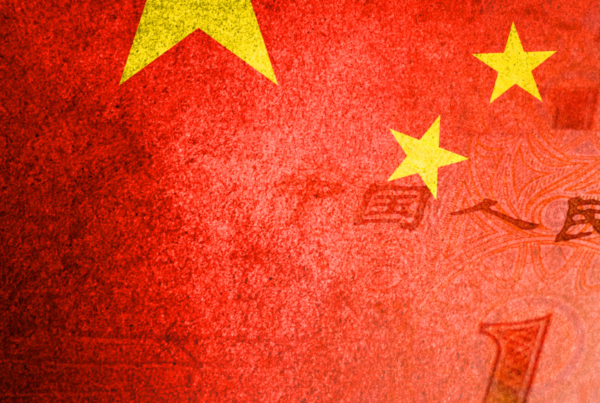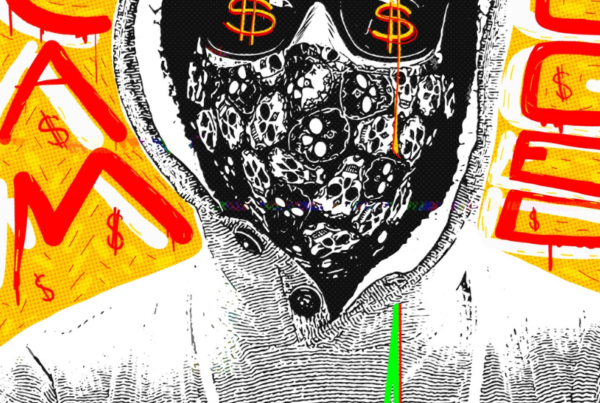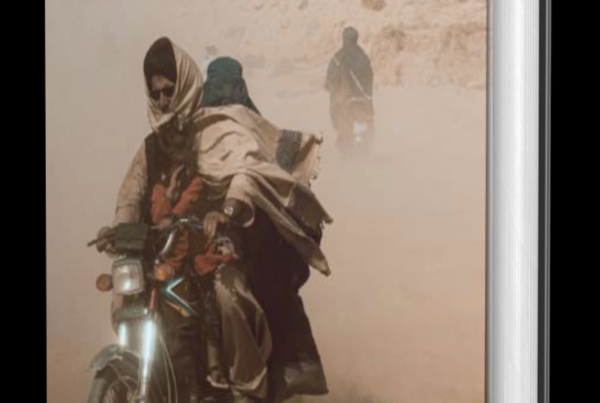BAGHDAD, Iraq – Despite tangerine skies and a city where dust covers the ground as thickly as winter snow – a sign of the unprecedented dust storms engulfing much of the nation – Iraqis have remained upbeat.
“It has been two years since a suicide bombing,” my good friend, a fellow journalist named Enas, tells me enthusiastically.
Indeed, it’s a small but significant victory in a country ripped apart for decades by endless wars and occupations. It has been five years since ISIS declared its territory and more than a decade since the U.S. officially ended its 2003 occupation. In some ways, the current fixation on the crippling concern of droughts and desertification is a welcome relief from the anguishing anticipation that a bomb could explode at any place, at any time.
Even after ISIS – more commonly referred to as Daesh – was defeated, Iraq remains a tangle of political struggle.
The country ranks 157 out of 180 on the Transparency.org Corruption Perception Index. Moreover, in the more than seven months since its federal elections, it has been unable to form a cohesive government due to internal politicking and widespread bribery.
Meanwhile, top Shiite cleric Muqtada al-Sadr – a vehement critic of both Iranian and American influence and whose constituency received the majority of last year’s votes – continues to lash out at Iraq’s politicians for having “become an example of corruption and vice,” with rival blocs preventing his alliance from forming the next government due to repeated boycotts of parliamentary elections.
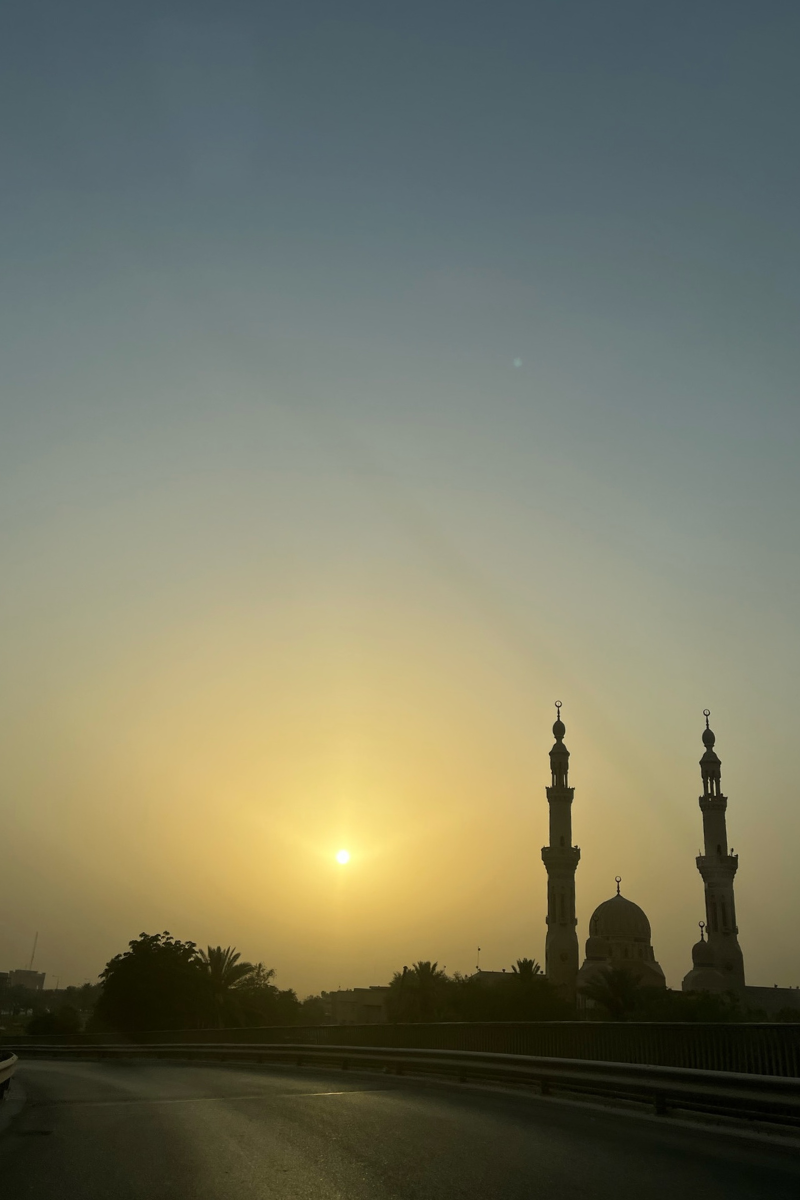
“The U.S. has two major parties and struggles to get things done,” one former member of parliament says with a scoff. “Iraq has three hundred parties – imagine that.”
Although Sadr’s bloc won the majority of votes, his anti-foreign intervention stance doesn’t sit well with the powerful Iran-backed militias, known formerly as the Popular Mobilization Forces (PMF).
“Sadr has called for the disarmament of all groups,” Sheikh Khadium, spokesperson for the Sayyed Al Shuhadaa PMF brigade, otherwise known as KSS, tells me over lunch with a hint of irritation. “But still, he has his own brigades.”
The UN, in recent weeks, has been endlessly urging Iraqi lawmakers to put their differences aside and agree on a government so the country can move forward. Yet, such a process remains a monumentous task. The stability hangs in a fragile balance, and nobody is sure how long it will last. The United States was set to withdraw all troops at the end of last year, but that did not happen. And whether they should stay or go is the subject of contentious debate.
The sectarian impasse is less visible.
The state of sectarianism – the Sunni and Shia divide – still bubbles, with several disgruntled minority Sunnis expressing their frustration as a cast-aside minority.
“Sectarianism is still here, and it is still strong, and many of them (inflicting this) are militia members who are armed individuals,” deplores Hamid Abid al-Mutalq, a 72-year-old former member of parliament. “They have money and weapons, and they control most border points as well.”
His goal now, he says, is to return to the government under the banner of “dialogue and change” and impose a much more stringent rule of law.
Youth, who make up the majority of Iraq’s population, are also feeling the injustices. In 2019, the streets of Baghdad erupted with large-scale protests upset over the corruption, Iranian meddling and lack of jobs and opportunity. The demonstrators were met with a hail of bullets and brutality instigated by security and resistance forces loyal to Tehran. Hundreds lost their lives, and it’s a scar in the history books that Iraqis are not willing to forget.
And the deeper Iraq falls into political stalemate, coupled with the rising cost of essential goods made all the worse by the war in Ukraine, the possibility of renewed protests and crackdowns hangs in the dry air.
“It’s not possible to keep quiet about corruption. We are a new generation, and we must make a change. The hope is with the youth,” Ali, a 29-year-old shopkeeper and protest leader, says passionately. “The politicians and the Army should not oppress the people because they get their power from the people. They should not side with authority, as the authority will always be replaced.”
Moreover, just because ISIS no longer controls territory does not mean that the group has entirely dissipated. Terrorists loyal to the brutal outfit routinely carry out guerilla-style attacks in and around the western Anbar province and the oil-rich city of Kirkuk.
Trials for arrested and suspected ISIS members are still ongoing, and displacement camps dotting along the country’s northern regions are still places of abject poverty, indoctrination, and injustice.
Investigative Judge al-Hussein Chfat al-Tameemi spends many sleepless nights worrying that a new group is forming amongst the uprooted sector of ISIS wives, widows and children trapped in these neglected frontiers of Syria’s al-Hol camp and various jails under Syrian Defense Forces (SDF) control.
“The children are being trained with this extremist ideology, we speak to them, and they already have this terrorist narrative,” he sighs. “This will be a big threat in ten years, but the international community is not focused. They can’t pay attention to more than one issue at a time.”
On a warm Thursday night, I sat cross-legged on the vibrant Kasnazam Sufi Mosque floor, eating chicken and rice with flatbread alongside Tariq, a warrant officer in the Iraqi Army.
“The Daesh is getting stronger. The conflict between the two parties is making them stronger. Whenever the politicians don’t agree and battle each other, there is an opportunity for the enemy to infiltrate,” the 38-year-old says. “For two or three years, it was getting better; now it has gone backward again.”
Tashfeen Ibrahim Sadeq, the spokesperson for the Joint Operations Command, sees it differently.
“The security situation is perfect and very good now in Iraq. Our security forces have good combat abilities to prevent any attack,” he insists.
But a few minutes later, he underscores that they do not have enough weapons and that the allocated budget for weapons is insufficient.
Meanwhile, Ryan al-Kildani, a controversial Christian member of parliament and former leader of the Iran-aligned PMF group Babylon Brigade, contends that attacks are not carried out by ISIS sleeper cells. He says the work is instead the result of individuals trying to “settle scores” and drive out families so they can take over their lands.
He does, however, view the lack of government – and the lingering American footprint – as a glaring security hole, detrimental to Iraq’s stability.
And for many, there is still no closure in the ISIS aftermath. Thousands remain missing, and thousands are thought to be buried in the dozens of mass graves scattered across the countryside.
Disheartened Yazidis point to deep notches in the ashen plains, speculating that is where their loved ones lie. Everywhere you go feels dense with memory and the ghosts of the past.
The ongoing conflict in Ukraine also provides for an odd insight into the minds of many in Baghdad. Almost everyone I speak to seems to side with Russia, which at first, I find jarring. If anyone could understand the pain of invasion, it is the Iraqis. I quickly realize that Iran owns or domineers much of the media landscape, meaning that Tehran – allied to Moscow – feeds the steady stream of strangely effective anti-American Putin propaganda.
Yet, I met with several youths who tell me they put their names forward to go and fight in Ukraine – heeding President Zelensky’s open call for foreign fighters – but are upset that they have not received a response.
“I’ll do anything to leave; this is our chance to go to Europe, to have a future,” one former soldier, who still clearly carries raw memories of his own time in combat, explains.
Nevertheless, despite the country’s pained history and uncertainty, the cooling of the ISIS conflict has paved the way for slight growth in the tourism sector. Adventurous influencers, or those drawn to the ample archeological heritage of the Cradle of Civilization, can occasionally be spotted traversing through the capital or its more conservative south. Last year, Iraq attracted more than 107,000 people who came on newly minted tourist visas, indicating that the country has entered a new security phase that could one day rival its neighbors such as Egypt and Jordan.
The security blanket, however temporary, is perhaps no more evident than a walk through the markets in the al-Maamoun neighborhood as the burning late spring day morphs into a hazy dusk above the heat-withered palm trees.
“There’s the worry of inflation, the cost of living, how high it will go,” one young, off-duty soldier tells me from a bench eating ice cream with his wife, a schoolteacher. “But look, we are out here, and it is peaceful. This was something we could not do during ISIS times.”
Iraqis from all walks of life are often deeply engaged in political matters, yearning to understand the complex web of interests. I duck into one women’s clothing store to find the shopkeeper nestled in the back watching a documentary about Japan after the Second World War on an iPad.
“The internet has given us many freedoms,” he says with striking enthusiasm. “Look at the Japanese people, how strong they are as they move forward. Look at Japan now. That is where Iraq needs to follow.”
He dives into a zestful speech about the problems that still plague Iraqi politics, naming names on corruption, over-zealous religious teachings manipulating the uneducated, the notion that too many Iraqis vote blindly, and how military leaders side with the Army’s interests rather than the people’s.
And then he panics that he said too much.
Although the Saddam era of absolute fear and inability to speak out has faded for almost twenty years, that worry has far from dissipated. These days, one has to worry about being targeted by the Shia militia groups.
“Please don’t publish my name or the names of the people I mentioned,” he begs.
Nevertheless, one thing that cannot be taken away from the Iraqi people is their resilience and capacity to overcome and hold on to what is important.
That symbol of buoyancy is perhaps no more apparent than in the School of Music and Ballet, which has existed in the bustling center of Baghdad since 1968. It has borne witness to every war, survived every jihadist threat, struggled through every funding shortage, and continues its mission.
It is the second home for hundreds of students from K to 12. The School of Music and Ballet is the only mixed-gender school in Iraq and operates under the guise of the Culture Ministry rather than the Education Ministry.
“It’s special,” notes Doaa Jaber, the 35-year-old principal of the Secondary Department. “This school is meant to be who we are in Iraq, artistic and filled with hope.”
Yet it remains a tough slog for the dedicated teachers, who lament the lack of funding. They often pull from their own pockets to keep doors open and although careers in dance are not yet mainstream in Iraq upon graduation (it is still considered debauchery and at odds with conservative culture), professional music careers are now common. There is a strong feeling among the teachers that ballet and other arts will one day attain acceptable prestige if Iraq pursues an open-minded path, untainted by the tentacles of Tehran.
I stepped out into the burning midday sun and remembered how much I had oddly missed the ancient, unpredictable, bloodied, and beautiful capital: the scent of exhaust, sweat, gunpowder and the rings of salt that defined so much of its collective memory.
